Angie's List and NextDoor's Favorite: 2017 -2024
Residential Electric Water Heater Troubleshooting & Repair
When troubleshooting an electric water heater, first test your voltage. To do that, you'll want to turn the circuit breaker off to water heater. Refer to the water heater plate/sticker which will tell you almost everything you need to know about the water heater. By reading the plate you can determine whether its double element or single element, and the location of each element.
- Expose the top element (if double element) or the bottom (if single element).
- Set multi meter to AC, and test top to screws on thermostat.
- Read water heater plate to determine how many volts should be coming into the water heater. 120v and 240v are the most common, but there are other variants.
- With your multimeter, test the same two top screws that were tested in step 4. Your reading should match the voltage requirements on the water heater plate.
A. If they do match, you have a proper reading. Move to the next step.
B. If they do not get the proper reading on the top two screws of the thermostat…
i. Turn breaker off
ii. Open plate on water heater “built-in” junction box.
iii. Check for loose wire nuts or burnt wires
iv. Turn breaker back on
v. With your volt meter, check the incoming line/wire for proper voltage.
vi. If no power coming in, an electrician is needed.
Testing the Elements of an Electric Water Heater
First, test top element 1st (if dual element). With the circuit breaker turned off, remove both wires from the element. Make sure neither wire is touching anything and make sure nothing is touching the element.
- Turn your multimeter to Ohms (Ω). Please note that testing for ohms with the power on can short out your multimeter.
- Touch each probe to each screw of the element. Your multimeter should read somewhere between 10 and 30. The reading will vary between different size (wattage) elements. If your multimeter reads 0, you have a bad element. If your multimeter reading is good, go to the next step:
- With the breaker still off, touch 1 probe to 1 screw of the element. If you get any reading other than 0, the element went to ground and is bad. If you get a 0 reading testing the second element screw for ground. If your water heater is a dual element, repeat all steps on lower element.
- If breaker is tripped, there is a reason. Just resetting the breaker will not fix your problem. Contact Duncan Plumbing serving Waxahachie, Red Oak & Midlothian Texas.
- If reset button on thermostat is tripped, there is a reason. Just resetting the thermostat will not repair your problem. Contact Midlothian's plumber, Duncan Plumbing Solutions.
- A leak around the water heater element is a leaking water heater 99.999% of the time. Replacing the element will not correct your broken water heater. A leaking water heater should be replaced. Contact a qualified plumber like Red Oak's plumbing expert Duncan Plumbing.
When diagnosing a bad element or a bad thermostat, it is preferred to replace all electrical components (elements and thermostats), on the water heater. Not doing so will not correct your problem. Contact Duncan Plumbing for a complete & thorough water heater inspection, service & repair. Finally, do not repair or replace any electrical components of a water heater if there is ANY sign of a water heater leak. A leak around the water heater element is a leaking water heater 99.999% of the time and your water heater should be replaced.
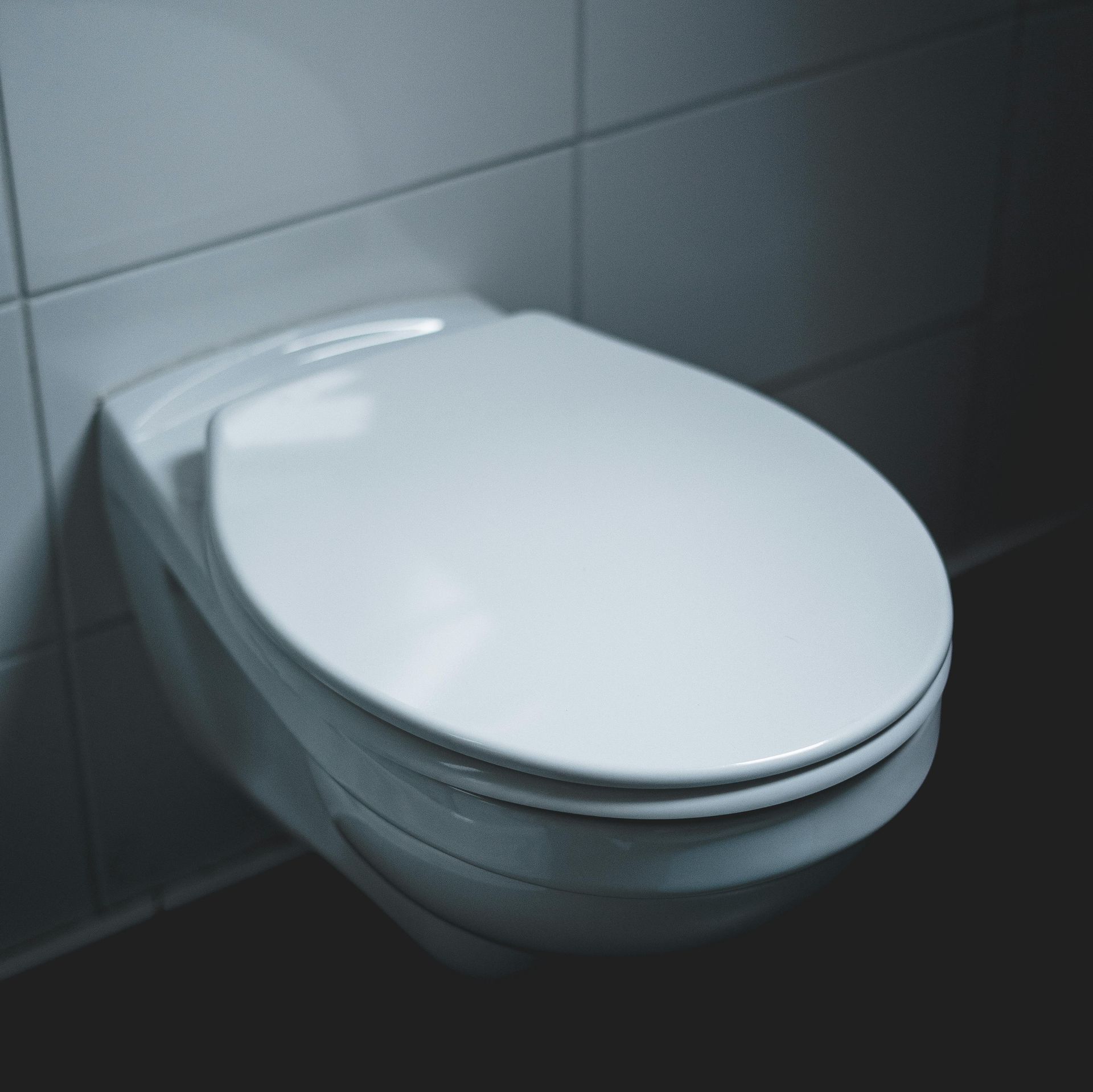
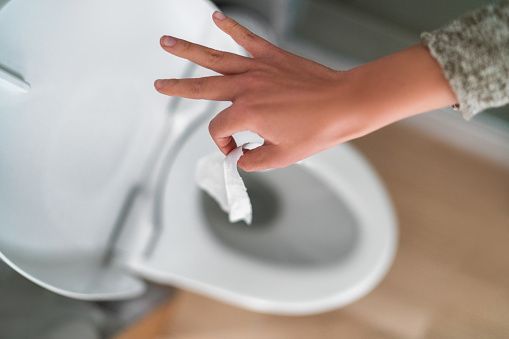
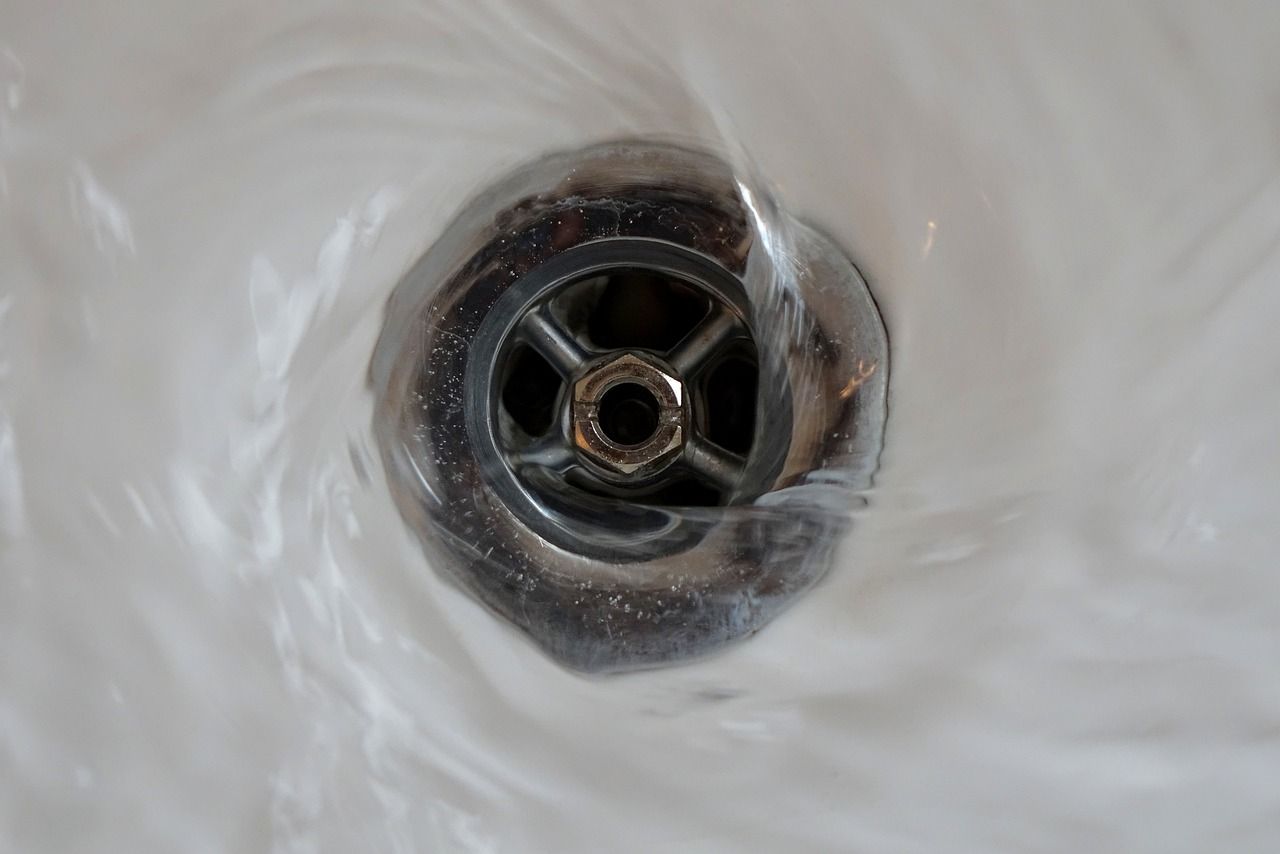
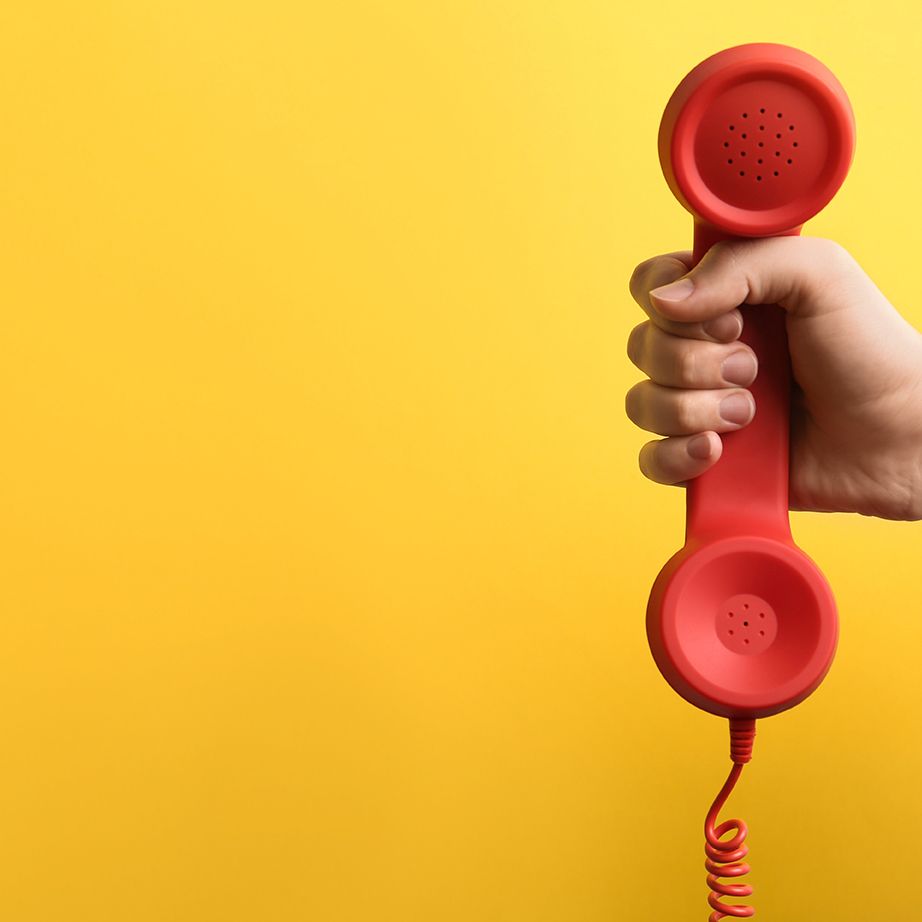
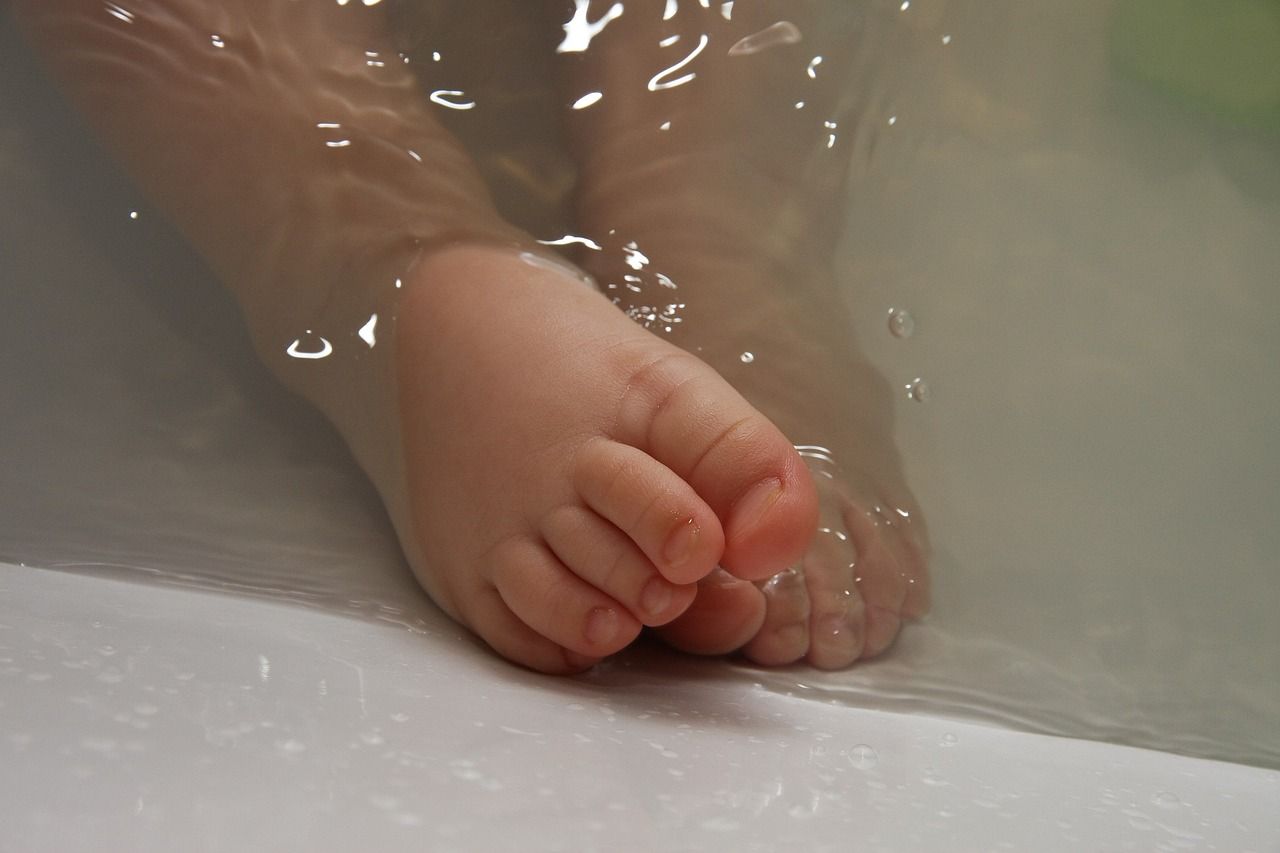

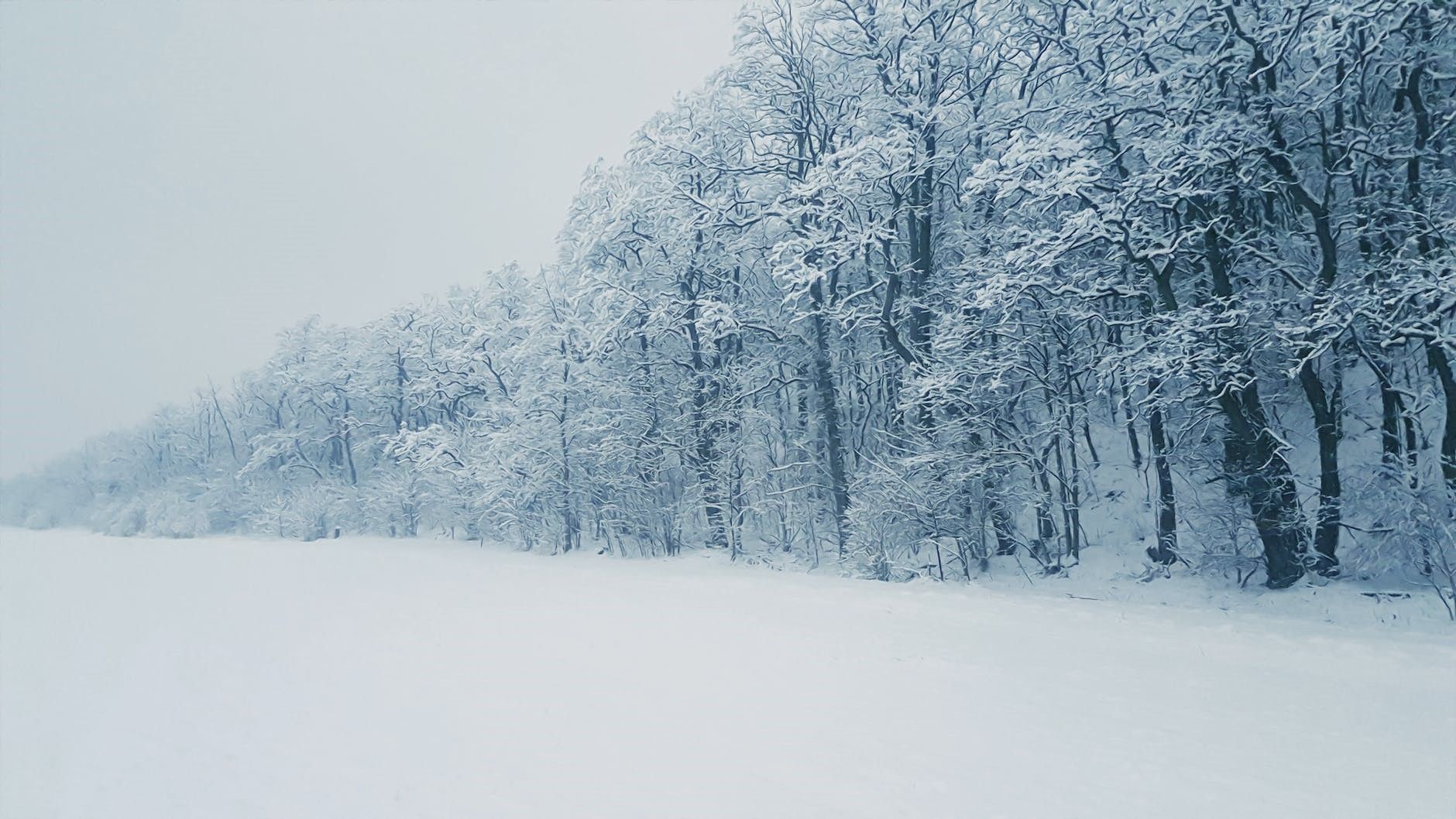
SERVING
and Surrounding Areas

HOURS
Hours:

CONTACT US
Master License # M-39624
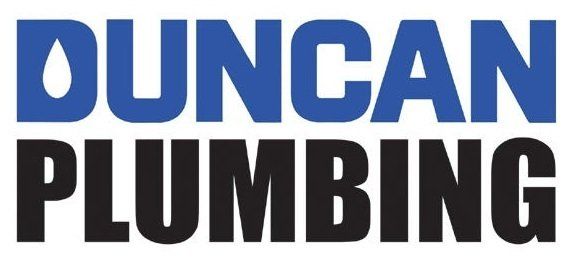





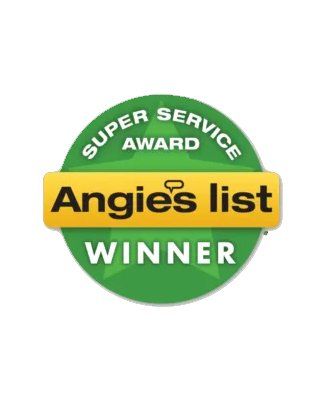
















Share On: